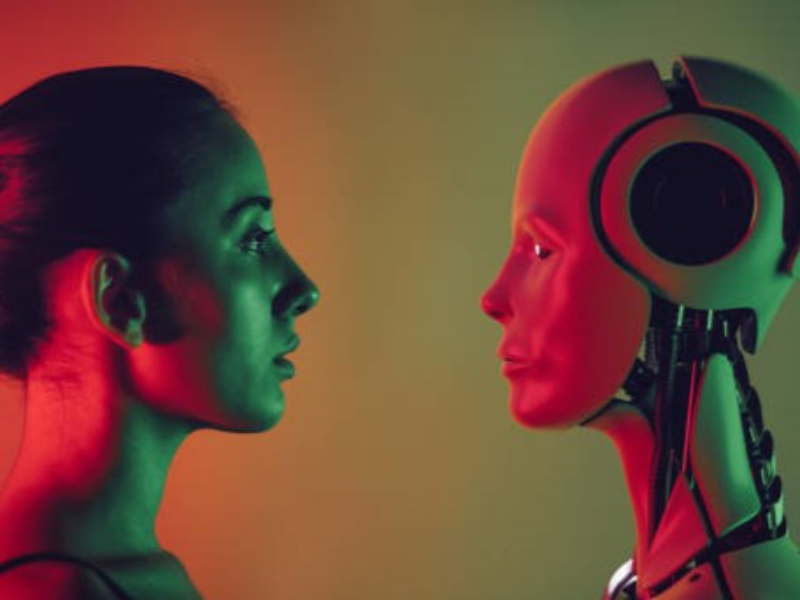- Neuralink’s second implant allows a paralysed patient to control digital devices by thought, with 400 of 1,024 electrodes working well.
- Elon Musk announced plans to implant eight more patients this year, aiming to increase independence for those with spinal cord injuries.
OUR TAKE
Neuralink’s latest brain implant in a second patient marks a significant advancement, blending human and machine capabilities. While this technology has the potential to transform lives, it raises ethical concerns about equitable access and the societal impact. These questions must be addressed to ensure the benefits of such innovations are shared broadly and fairly.
–Jasmine Zhang, BTW reporter
What happened
Neuralink has implanted its brain-computer interface in a second patient with a spinal cord injury, allowing control of digital devices by thought alone.
This follows the first successful implant, which enabled the patient to play video games and use a computer. Elon Musk announced the progress during a podcast, revealing that 400 of the 1,024 electrodes are functioning well in the second patient.
Neuralink plans to extend the trial to eight more patients this year, aiming to enhance independence and reduce reliance on caregivers for those with paralysis.
Also read: Neuralink’s first in-human brain implant experiences a problem
Also read: Neuralink livestream shows patient playing chess with mind control
Why it’s important
Neuralink’s second brain implant marks a monumental leap in merging technology and human capability. While the potential benefits for spinal cord injury patients are undeniable, the ethical implications cannot be overlooked. The idea of enhancing human brains with technology raises questions about consent, privacy, and the future of human identity.
Elon Musk’s ambitious vision for Neuralink might promise independence for patients like Noland Arbaugh, but society must critically evaluate the broader impacts. Can we balance groundbreaking innovation with responsible ethical considerations, or are we on a path to an irreversible technological dystopia?

